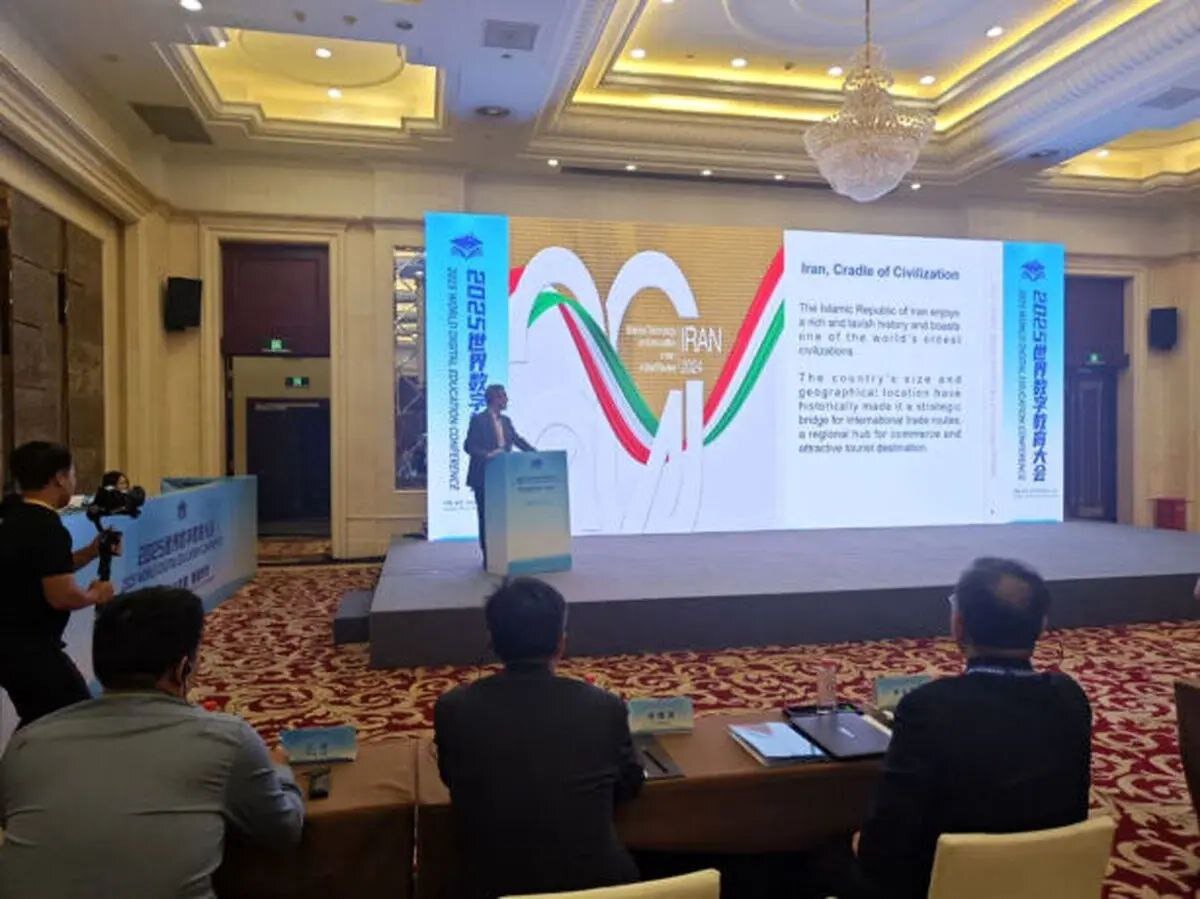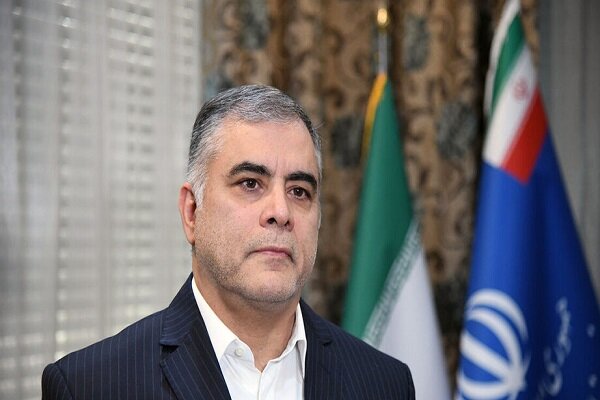Iran Unveils Innovative Proposals at World Digital Education Conference
At the forefront of global educational innovation, the 2025 World Digital Education Conference (WDEC) has spotlighted the significance of digital education. Addressing this pivotal event, Iran’s Deputy Minister of Science, Research and Technology, Abolfazl Vahedi, proposed the establishment of a comprehensive digital education center, along with the development of a digital educational qualification system.
Hosted in Wuhan, China, from May 14 to 16, the conference served as a platform for discussing the future of education amid rapid technological advancements. During his address, Vahedi highlighted Iran’s robust higher education system and provided insights into the country’s universities, student population, and educational infrastructure. He emphasized the achievements and expertise of Iranian universities in the digitalization of education, showcasing how they utilize electronic and digital tools effectively.
In today’s rapidly evolving landscape, digital technology is a driving force behind the global scientific and technological revolution. This transformation is reshaping various sectors, leading to profound changes in production methods, lifestyles, and governance. In the context of education, it poses both challenges and opportunities that must be addressed. The integration of artificial intelligence (AI) into educational settings is a critical aspect of this transformation.
AI’s role in education is becoming increasingly prominent, particularly in high-income countries where over two-thirds of secondary school students are now utilizing generative AI tools to complete their assignments. Educators are also leveraging AI technologies for lesson preparation and student assessment. Furthermore, traditional guidance and admissions processes, historically managed by educators and experts, are now being influenced by AI applications.
In Iran, the impact of AI on education was a focal point during a national conference held in Tehran on October 9, 2024. This gathering explored the transformative potential of AI-driven technologies in enhancing the quality and efficiency of the educational process. The conference aimed to provide cutting-edge technologies and smart solutions to various stakeholders in education.
The key benefits of AI in education include:
- Enhanced Assessment: AI technologies enable precise analysis of educational data, leading to improved student evaluations and educational content production.
- Dynamic Learning Environments: Establishing collaborative environments that foster innovation and adaptability in educational settings.
- Innovative Evaluation Methods: Utilizing emerging technologies to discover new methods of assessment and evaluation.
Topics discussed during the conference encompassed a wide range of issues, such as:
- AI in medical education
- Cognitive sciences and their educational implications
- Content design and production
- Human resources development in education
- Future educational assessments and ethical considerations surrounding AI
The primary objective of the conference was to raise awareness about modern technologies and their applications within educational systems, thereby facilitating a transition into the age of intelligence.
The advantages that digital education offers—such as equity, inclusiveness, and openness—are paving new paths for educational modernization and fostering holistic individual development. The United Nations, alongside various countries and international organizations, is actively pursuing digital transformation in education. The UN Transforming Education Summit has recognized this transformation as one of the five Thematic Action Tracks, underlining that the digital revolution should be inclusive and beneficial for all learners.
With the theme “Education Development and Transformation: The Era of Intelligence,” the 2025 WDEC aims to address the United Nations’ initiatives for global educational transformation. The conference seeks to unite governments, universities, primary and secondary schools, and international organizations, along with stakeholders from various sectors, to explore the development of digital education across all processes of:
- Teaching
- Learning
- Management
- Assessment
- Research
By promoting collaboration among diverse stakeholders, the conference aspires to contribute to the achievement of the United Nations Sustainable Development Goals, ultimately enhancing the quality and accessibility of education in the digital age.
As educational systems worldwide adapt to these rapid changes, the efforts to harness digital technologies and AI in education will play a crucial role in shaping the future of learning, ensuring that it remains relevant and impactful in the Era of Intelligence.






